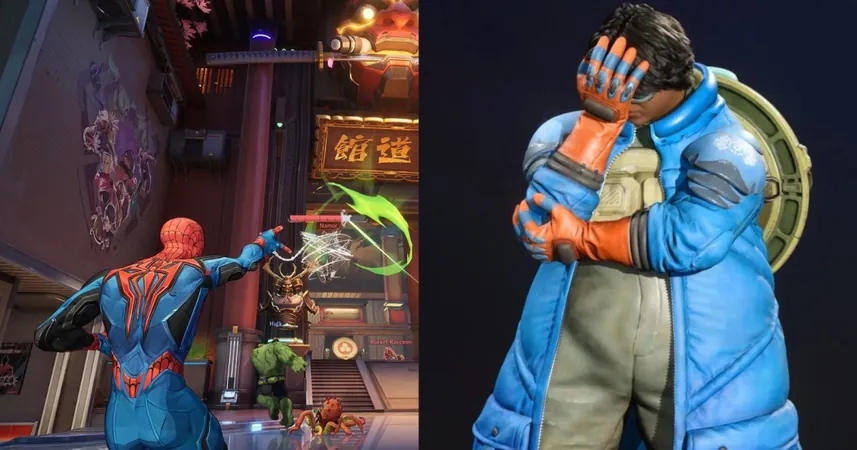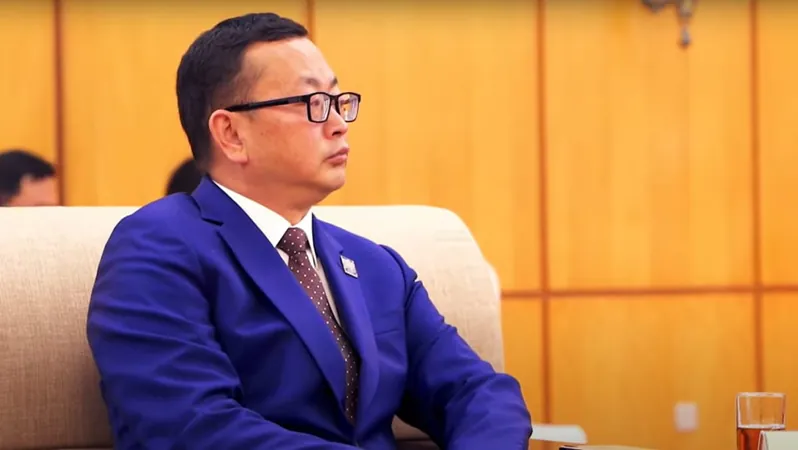
What Went Wrong with Concord? Insights from NetEase's Game Director
2024-12-12
Author: Daniel
What Went Wrong with Concord? Insights from NetEase's Game Director
In the wake of Sony’s disappointing launch of Concord, the gaming industry is left questioning the reasons behind the project's failure and how to prevent similar missteps in the future. While reactions vary, many industry experts point towards a combination of factors that contributed to the game's demise including its lackluster aesthetic and its steep $40 price tag for a live service offering. This pricing is particularly concerning given the multitude of free alternatives available in the competitive market.
Thaddeus Sasser, the game director at NetEase, recently weighed in on this issue during an interview with Video Gamer. He focused on a crucial point: Concord failed to deliver any unique value that would entice players to invest in it. Sasser explained the concept of the "switching cost" — players weigh their current investments in games like Overwatch, where they might have spent time and money acquiring several skins, against the prospect of spending money on a game that doesn’t offer something compellingly different.
Sasser noted that the gaming landscape is saturated, and players are more discerning than ever. “When there are numerous options on the market, the game needs to offer something truly special to draw players away from their established favorites,” he said. In stark contrast to Concord's failure, NetEase's latest title, Marvel Rivals, launched three months later and made a significant impact, attracting over 10 million players within just three days of its release. The positive reception is a testament to its appeal and the effective strategies employed by its development team.
In Sasser's view, Marvel Rivals succeeded because it provided players with undeniable reasons to switch, including unique gameplay mechanics and engaging content. As the industry contemplates the lessons learned from Concord's flop, it’s clear that innovation and player engagement will remain paramount drivers for success in this ever-evolving landscape. Will other developers take heed and learn from these lessons, or will they succumb to the same pitfalls? The future of gaming could hinge on these crucial decisions!




 Brasil (PT)
Brasil (PT)
 Canada (EN)
Canada (EN)
 Chile (ES)
Chile (ES)
 España (ES)
España (ES)
 France (FR)
France (FR)
 Hong Kong (EN)
Hong Kong (EN)
 Italia (IT)
Italia (IT)
 日本 (JA)
日本 (JA)
 Magyarország (HU)
Magyarország (HU)
 Norge (NO)
Norge (NO)
 Polska (PL)
Polska (PL)
 Schweiz (DE)
Schweiz (DE)
 Singapore (EN)
Singapore (EN)
 Sverige (SV)
Sverige (SV)
 Suomi (FI)
Suomi (FI)
 Türkiye (TR)
Türkiye (TR)